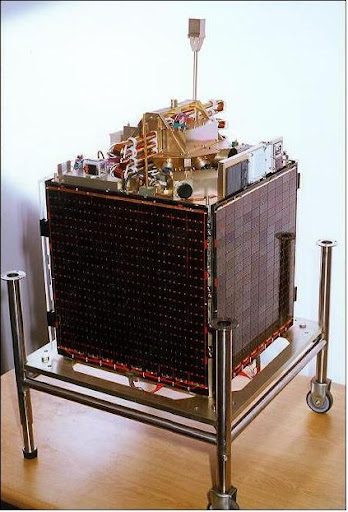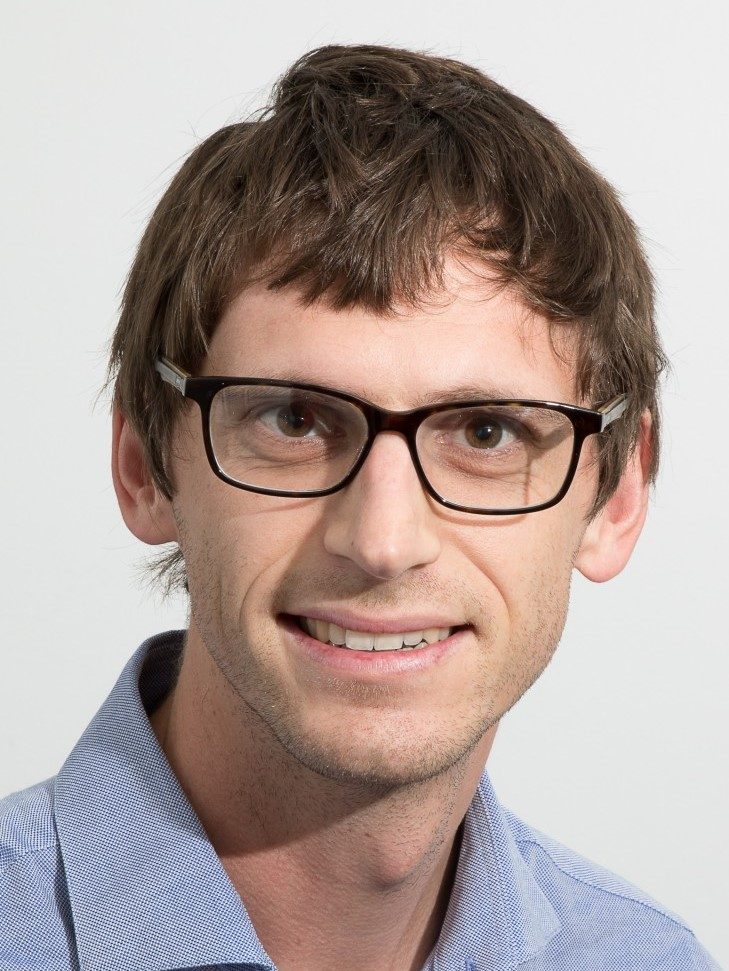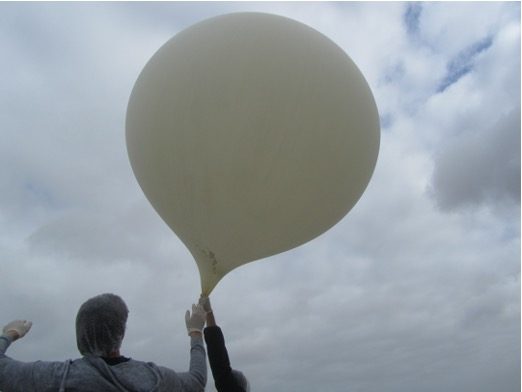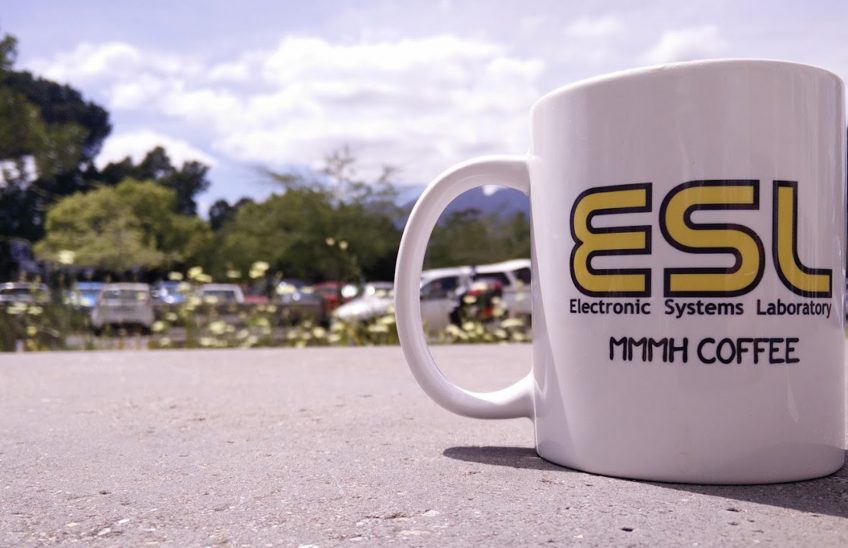African universities and research institutes play essential roles in nurturing and producing qualified personnel to participate in various sectors of the African space industry. They are vital to Africa’s space science and technology development and have played important roles in various satellite development projects. To this end, several NewSpace companies have been established as spinoffs from universities, strengthening the interdependence between universities and industries.
The Electronic Systems Laboratory (ESL) at Stellenbosch University is one such research group. The ESL has been at the forefront of space satellite development in South Africa and focuses on human capacity development to train satellite engineers to compete at the highest levels globally. The ESL is refurbishing its facilities to produce capable engineers to take charge of Africa’s current and future projects and has short courses tailored towards the South African satellite industry to improve the satellite engineering ecosystem in the country.
The ESL is involved in several projects with elementary and high schools to pique the interest of younger students early to ensure a steady supply of graduates. The ESL has furthermore hosted several postgraduate students and academics worldwide and welcomes applicants globally.
Recently, Space in Africa interviewed Dr Willem Jordaan, a senior lecturer at the Department of Electrical and Electronic Engineering, discussing the ESL’s past and ongoing and future projects related to capacity development initiatives.
The ESL’s Core Objectives
The ESL is a postgraduate research lab at Stellenbosch University focused on satellite and satellite systems support. The primary goal of the unit is human capacity development, specifically training satellite engineers. They also establish programmes and research projects to identify and train top talent to compete globally. One of their current big projects is the new planar air-bearing test facility.
The New Planar Air-Bearing Test Facility and Other Related Projects
The ESL has been part of the space and satellite ecosystem since the late 1990s with SUNSAT, Africa’s first domestically developed satellite. Built by Stellenbosch University engineers, the project aimed to develop capacity in space mission design and construction for postgraduate students and to create a working satellite with a high-performance Earth observation camera.

The SUNSAT project’s success has led to the expansion of South Africa’s component manufacturing and spurred the development of more indigenous satellite projects. Dr Jordaan Explains:

“To ensure that we do this on a much larger scale, we are refurbishing our facilities and focusing much on what is important to us; producing capable engineers to take charge of Africa’s current and future projects. We have three strategic resources that are very important. The first is a ground station. We also have two different types of air-bearing facilities. One is a rotating air-bearing specifically utilised to test attitude determination and control systems (ADCS). Then, we have a planar air-bearing, microgravity simulator that levitates and creates a semi-frictionless environment where one can do close proximity and rendezvous experiments.”
ESL Milestones and Future Projects
The primary focus of the ESL remains developing satellite engineers through various projects and missions. Short courses are also being offered to improve South Africa’s satellite engineering ecosystem, with plans to expand to other regions. Research efforts include the Docksat mission, which focuses on nanosatellite capabilities. Partnerships with local space companies and high-altitude balloon projects also contribute to fostering a skilled workforce in the satellite industry.

Final Thoughts
The ESL offers opportunities for inter-university transfer as the institution is open to global collaboration: “We are very open to collaborative projects and try to collaborate as much as our capacity can withstand. To this end, we have hosted (and are hosting) several postgraduate students and academics worldwide, not just in Africa. So, we are open to everyone and welcome applicants globally”, Dr Jordaan concludes.
Read the full interview at: https://africanews.space/the-role-of-universities-in-building-a-resource-dependent-space-industry/





